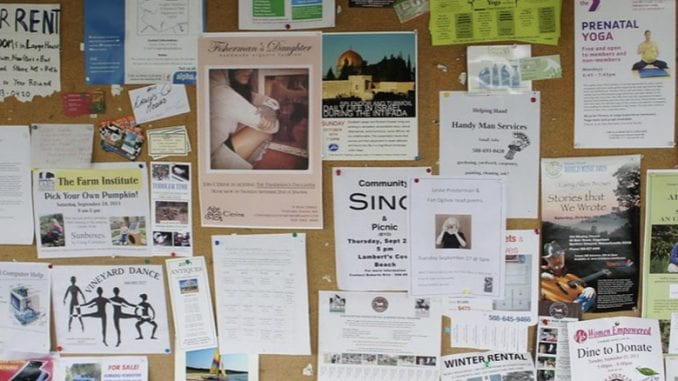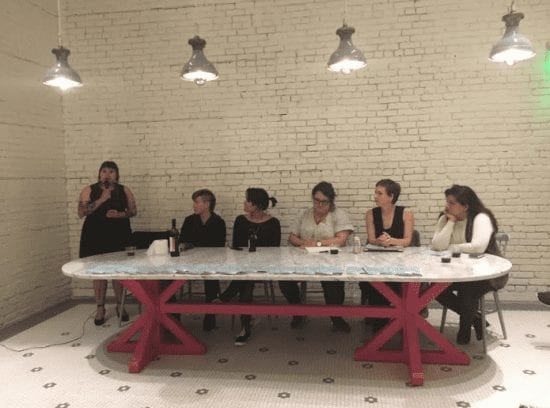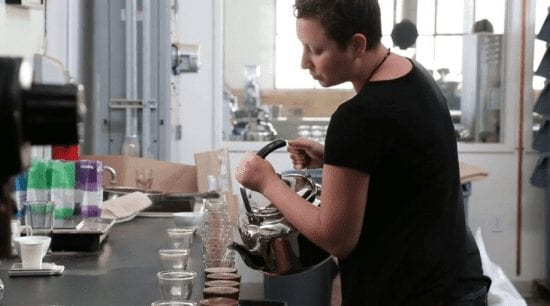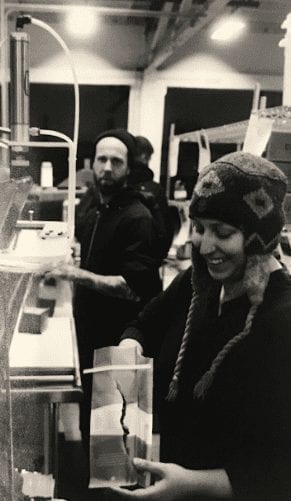
Why it’s important to consider a few specific things before making a café job listing.
BY MARK VAN STREEFKERK
SPECIAL TO BARISTA MAGAZINE ONLINE
Cover photo courtesy of vbecker for Flickr
Tatiana Benitez and RJ Joseph have a few things to say about making café hiring more equitable. Recently, Tatiana hosted two “Womxn in Coffee” events, one in Seattle in October 2018 and the other in Portland this past February, which explored racial and gender discrimination in the coffee industry. Tatiana also facilitated the recent Coffee at Large event. RJ Joseph, content strategist at Red Fox Coffee Merchants, creator of The Knockbox, and all-around industry enthusiast, has been writing about diversity and social responsibility in coffee since 2016, including the blog Queer Cup, and collaborating on the Coffee Equity Toolkit with Jenn Chen.

Read on for their three suggestions (and many more helpful tips) about reducing bias in your café’s hiring process.
1. Diversify the channels you use to post your job listing. If your idea of hiring is making an Instagram post, challenge yourself to get the word out in other ways. RJ says, “It’s good to post jobs to a variety of channels outside your norm. If what you currently end up doing is bringing in a lot of friends of current employees or finding new folks through coffee job boards, some good ways to diversify are to post job ads on local community websites and in community centers, on Craigslist, even on telephone poles in the neighborhood where your shop resides.”
Tatiana encourages posting the job listing at the café itself, bringing it up with customers, and generally demystifying who gets to become a barista. “How many of your employees look like the people that live in your community? A lot of times I see cafés post about job openings on the Barista Guild Facebook page, which isn’t accessible to everyone. It’s almost as if they want to keep the fact that they are hiring a secret from everyone who hasn’t ‘proved themselves’ yet,” Tatiana says.
Take steps toward a blind hiring program. Tatiana says, “(I) know for a fact that some business owners are more likely to interview a Becky rather than a Tatiana.” Consider using a job matching app like Blendoor or another system to obscure names and genders of applicants.

When interviewing, try to have as diverse a staff as possible for interviewers, and decide upon what the core job duties are and not “the vague concept of ‘team fit,’” RJ says, advising businesses to come up with a rubric of what the essential duties are and score via the rubric to make hiring decisions.
2. Resist gatekeeping. Tatiana found getting a job at a local café harder than expected, even with almost three years of experience at Starbucks. Whether applying in person or through job listings on Poached, “It was very difficult for me to actually get an interview. All these places were asking for years of experience, which I had; they just simply didn’t take my experience seriously since it was with a corporate chain,” Tatiana says.
“If you require experience for an entry-level position, you should ideally be offering growth and new experience in return—meaning, you probably shouldn’t require barista experience if the role is simply barista with no growth opportunities, because you aren’t really offering the candidate anything in return for their experience,” RJ says.
Disclose pay information, benefits, and hours in the job posting. At the interview, RJ encourages employers to “share any company policies of relevance in order to make sure you’re not springing anything on the candidate. … Some examples are dress code, time-off policies, call-off policies, and lateness policies.”

3. Remember that good hiring practices mean being a good community partner. Depending on the location, the advent of a new café can signal a wave of gentrification. Think about ways to minimize the impact and contribute to the community. “Since coffee shops often (unintentionally) act in conjunction with other factors like development to raise property values and therefore rent prices, it’s important to think about whether your hiring practices are bringing jobs and enrichment to your neighborhood,” RJ says.
Tatiana encourages “café owners to truly make their ‘neighborhood café’ into an actual neighborhood café. This means open your place up for local community events, participate in community-oriented farmer markets … hell, just donate your f**king coffee grounds to people for their gardens!”
These three ideas are great places to start in a bigger movement toward making specialty coffee more equitable. Be sure to check out RJ’s article “9 Low-Cost Professional Development Strategies For Coffee Pros” in the latest issue of Barista Magazine.

ABOUT THE AUTHOR
Mark Van Streefkerk is Barista Magazine’s social media content developer and a frequent contributor. He is also a freelance writer, social media manager, and novelist based out of Seattle. If Mark isn’t writing, he’s probably biking to his favorite vegan restaurant. Find out more on his website.
